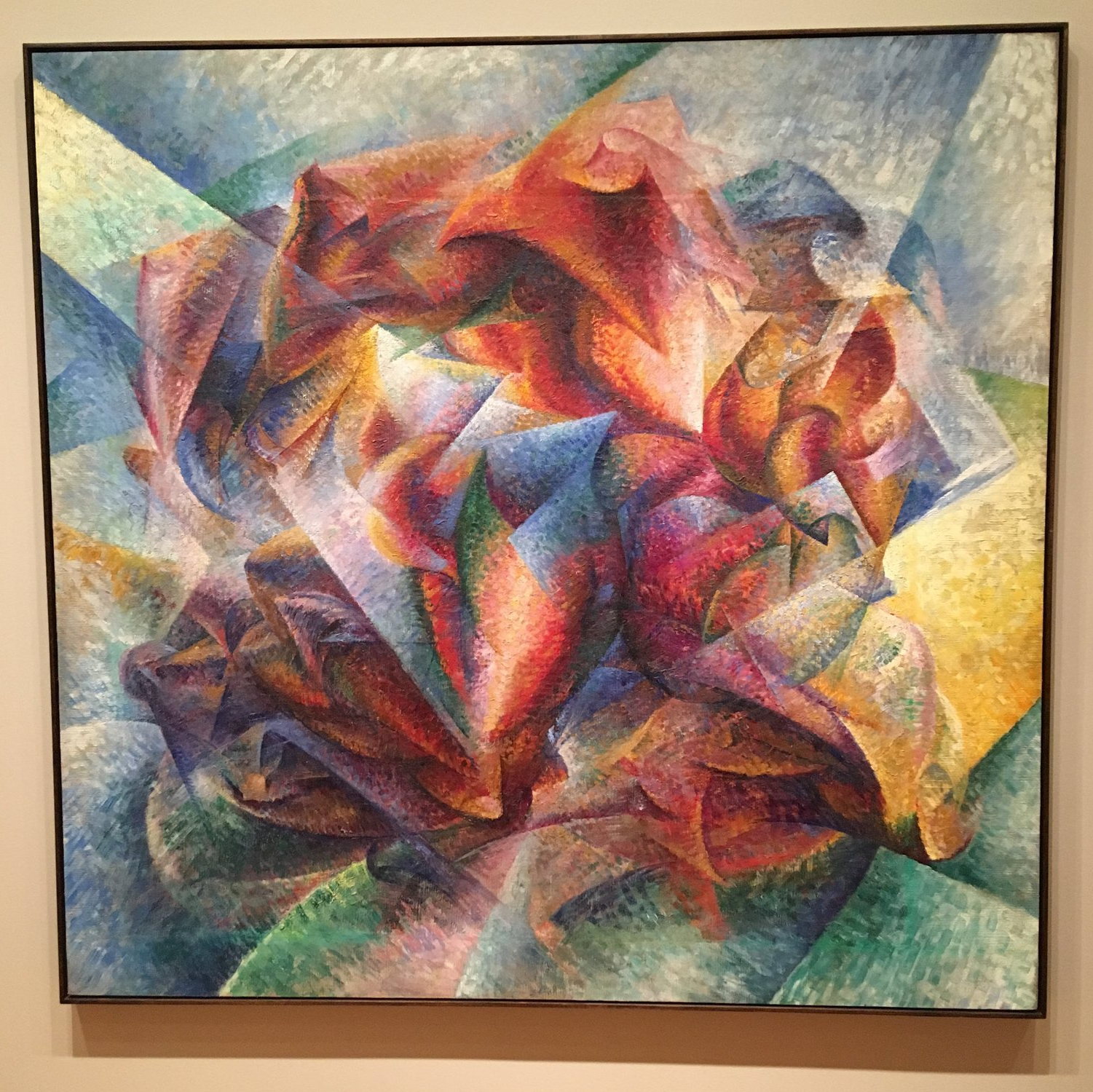
In his 1966 work The Order of Things, Michel Foucault describes in his preface a passage from Borges to establish his objective. Quoting Borges, who in turn refers to ‘a certain Chinese encyclopaedia’, the section describes a classification of animals as being ‘divided into: (a) belonging to the Emperor, (b) embalmed, (c) tame, (d) sucking pigs, (e) sirens, (f) fabulous, (g) stray dogs, (h) included in the present classification, (i) frenzied, (j) innumerable, (k) drawn with a very fine camelhair brush, (l) et cetera, (m) having just broken the water pitcher, (n) that from a long way off look like flies’. In a later lecture recalled by Laurie Taylor, Foucault lambasted the impulse to capture and mount every butterfly in a genus and lay them out on a table, to highlight minute differences in form and colour, as if trying to solve God’s puzzle. Continue reading “Reflections on Blackwater: Technological Theologies, Autistic Robots, and Chivalric Order”
